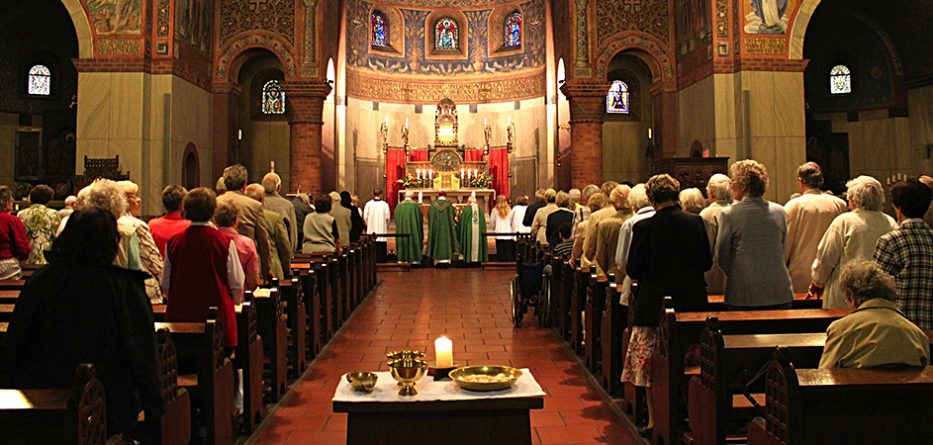It strikes fear in the hearts of some conservative Catholics: Germany’s Synodal Path reform project. Will it cause a schism in the Catholic Church? Is Germany abolishing celibacy against the will of the Vatican? As a German observer, I wish to try and answer the questions some Americans don’t seem — or don’t want — to understand about the path before the next Synodal Assembly Sept. 30 to Oct. 2.
What is the Synodal Path?
It would be easier to define what it isn’t. It is neither a synod nor a particular council. Even though it was established unanimously by the German bishops’ conference, it cannot and will not provide binding resolutions, neither on Catholic teaching for Germany (as some fear) nor on anything at all, as every decision must be ratified by each bishop for his own diocese. So first of all: Nothing can nor will be decided against the will of the local bishop.
What are the actual ideas being discussed?
If you look at most of the speeches and statements (which are documented in English on the homepage of the organizing committee), it is more about a change in mentality than dogma: more respect for LGBTQ-Catholics in a pastoral sense, more inclusivity for priests in everyday parish life, more focus on sexual education in the seminaries. One idea raised in the first plenum in January 2020 in Frankfurt I found particularly interesting: A priest should live with roommates, ordinary people from the parish. Less isolation and more interaction with other ways of life might be a big step in fighting structures of clericalism, which seem to be one of the root problems of the abuse crisis.
So why does the Catholic world not see this? It doesn’t seem like Germany wants to abolish Catholic teaching after all.
As always, the most extreme positions garner the most attention. Priests with roommates and modern sex education won’t make headlines. However, when some people demand fundamental changes to Catholic teaching, it will. The language barrier also plays a significant role here. The organizers try to get their message and the facts across in English as well (the German Catholic News Agency KNA even established an English service solely for this occasion).
Still, those don’t seem to penetrate the larger conversation. What does are the fears of people from the right, who bring their view abroad, but not the whole picture. People in the Vatican tell me this as well. Everybody has their sources and connections and mostly hears what those — the ones afraid — want them to hear. So these fears of the “synodal path” penetrate Rome as well.
To continue reading this article, click here.
Renardo Schlegelmilch is a freelance journalist and author based in Cologne, Germany.
With thanks to the National Catholic Reporter (NCR) and Renardo Schlegelmilch, where this article originally appeared.








